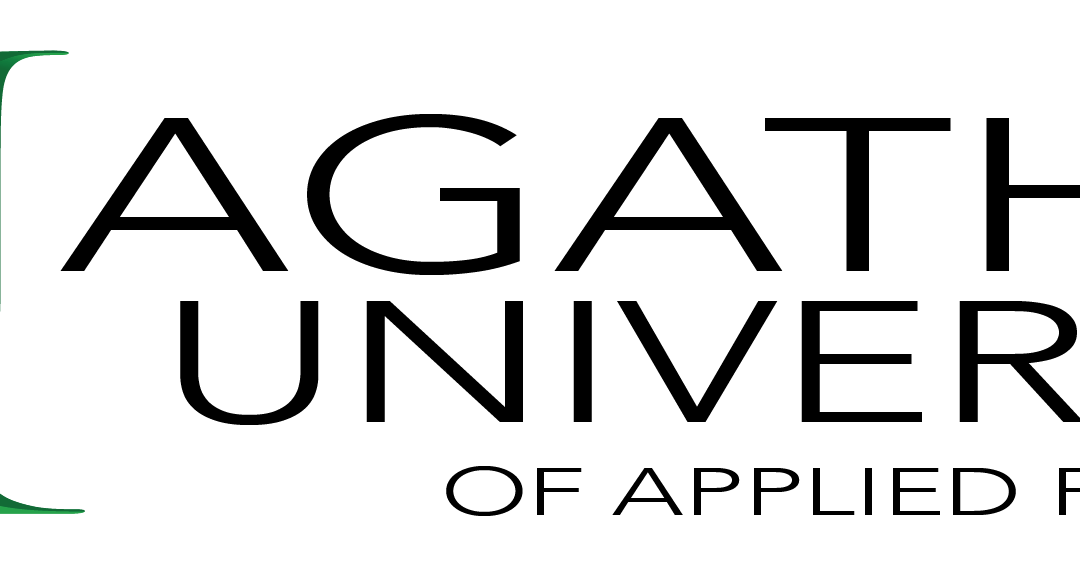
Course Faculty
John Oglesby, MA
Associate Professor of Biblical Education and Leadership
Christopher Cone, ThD, PhD, PhD
Research Professor of Biblical Education and Leadership
Cory Trowbridge, MBA
Associate Professor of Biblical Education and Leadership
Ralph Watson
Mentoring Faculty
EDUC5703 is designed to challenge graduate students to examine and to apply biblical leadership to all of their processes. Students will learn to evaluate this process from a Biblical viewpoint and to choose Christ- honoring influence processes.

